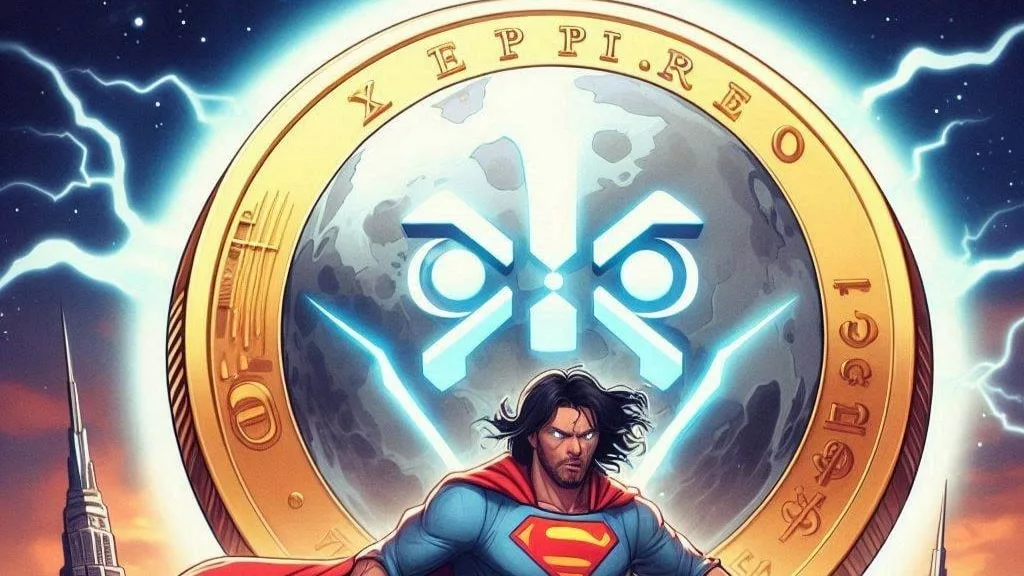
The SEC alleges that Ripple engaged in an unregistered securities offering by selling XRP tokens to investors. This claim challenges Ripple’s business model and has sparked a contentious legal showdown that has spanned over several years. Initially seeking a hefty $2 billion penalty, the SEC has revised its demands, proposing a reduced penalty of $102.6 million. Ripple, on the other hand, argues for a minimal $10 million fine, emphasizing the regulatory overreach alleged by the SEC.
Investors and market analysts are closely monitoring the lawsuit’s progress, particularly its potential impact on XRP’s market value. If Ripple fails to convince the court that XRP is not a security, experts anticipate a significant downturn in its price. This scenario could arise from heightened regulatory scrutiny and the reclassification of XRP as a security, subjecting it to stricter regulatory requirements.
Throughout the litigation, Ripple has staunchly defended its position. The company argues that XRP functions primarily as a digital currency and a tool for facilitating cross-border payments, distinct from traditional securities. Ripple’s defense strategy aims to refute the SEC’s allegations and secure a favorable outcome that preserves XRP’s status as a utility token rather than a security.
Beyond Ripple’s specific case, the lawsuit has broader implications for cryptocurrency regulation in the United States and globally. A SEC victory could set a precedent for how other digital assets are classified and regulated, potentially shaping future legal and regulatory frameworks. The outcome of this case may influence investor confidence in cryptocurrencies and impact market dynamics.
The cryptocurrency market, known for its volatility, is likely to react sharply to the verdict in the Ripple-SEC lawsuit. A SEC victory could trigger widespread uncertainty among investors, leading to market corrections and price fluctuations across various digital assets. Conversely, a favorable outcome for Ripple could bolster investor confidence and signal regulatory clarity, potentially stabilizing market conditions.
The evolution of the SEC’s penalty demands underscores the complexity of the case. Initially seeking a multi-billion-dollar fine, the SEC has progressively adjusted its stance, reflecting ongoing negotiations and legal developments. Ripple’s insistence on a nominal penalty highlights the contentious nature of the allegations and the differing interpretations of securities laws.
The Ripple-SEC lawsuit represents a pivotal moment in the ongoing debate over cryptocurrency regulation. The court’s decision will likely shape future regulatory approaches and influence how digital assets are perceived and utilized globally. Industry stakeholders, from blockchain developers to financial institutions, are closely monitoring the case for insights into regulatory trends and compliance requirements.
As the legal battle continues to unfold, Ripple and its stakeholders await the court’s ruling with anticipation. The outcome of this case will have significant implications for Ripple’s operations, XRP’s market dynamics, and broader cryptocurrency regulations. Whether Ripple emerges victorious or faces regulatory constraints, the aftermath will undoubtedly impact the trajectory of the cryptocurrency industry.
In conclusion, the Ripple-SEC lawsuit is a critical juncture for both Ripple and the cryptocurrency market as a whole. The court’s decision will determine XRP’s regulatory status and set precedents for future legal disputes in the digital asset space. As stakeholders await clarity on the lawsuit’s outcome, vigilance and understanding of evolving regulatory landscapes remain essential.

Get the latest Crypto & Blockchain News in your inbox.